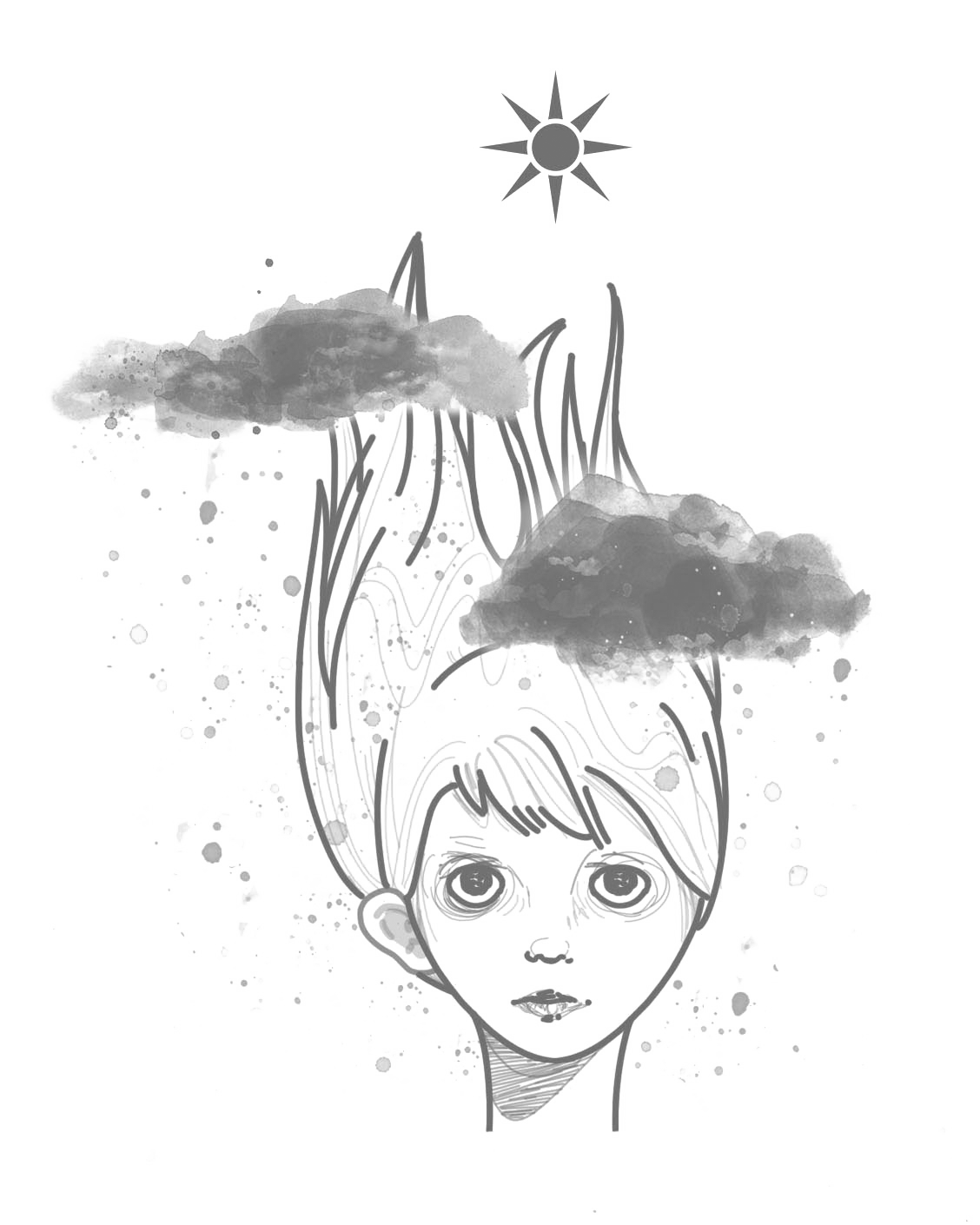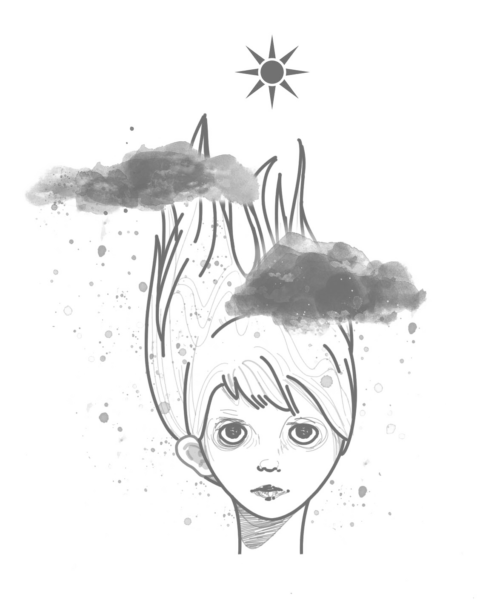
Written by Erika Pilpre and Daniel Laird
Most Aragon students delight when that oh-so magical day rolls around that marks release from school and the beginning of summer. However, for some students with mental illnesses, summer is both an escape from the pressures of school and a time of new challenges to their mental health.
“It’s better and worse in a lot of ways,” said senior Barbara Smith,* who has anxiety and depression.
Summer can be a disruptive time for students with mental illnesses as the routine of going to school is removed.
“For some students who struggle more with things like depression … finding things to do and having activities is critical,” said Max Bernstein, one of three wellness counselors.
On the other hand, the mental health of some students, such as those who suffer from anxiety, may improve over the summer.
“[Many] anxious students … like the lack of stress [and] more down time,” Bernstein said.
For Smith, time away from the pressures of high school helps ease her anxiety.
“[My] anxiety is better because I’m not doing anything stressful … [when] I don’t have school,” Smith said.
Nevertheless, the lack of routine can sometimes worsen the symptoms of her depression.
“I thrive with structure, so when I don’t have structure the depression [gets worse].”

Besides a lack of routine and resources, many students with mental illnesses struggle over the summer because they don’t have their friends or mental health resources normally found at school.
“Socializing is such a big part of teen life,” Bernstein said. “When you don’t have your friends around on the daily … [it] can have a big effect on you.”
Outside of the school year, there is only so much Aragon’s wellness counselors are able to do to help struggling students.
“If the student were to need any kind of mental health support over the summer, we would have that conversation with them before school ended,” said wellness counselor Jill Ma. “If need be [we] could assist with some referral or some sort of outside person to support them.”
However, oftentimes families struggle to find resources that will properly address their child’s needs.
“[We] want to plan as best as we can for the summer, but the mental health support would fall into the hands of that student and family,” Ma said.
Additional mental health resources, such as crisis, outside organizations and information on a variety of mental illnesses and disorders are also posted on the Aragon website throughout the year.
“We work on maintaining information up on the website [for] both our own school and from the district,” Bernstein said.
For many Aragon students, summer can be an even more tumultuous time, full of activities, jobs and sometimes classes.
“There are lots of students who plan and look for internships or work opportunities,” Bernstein said. “Summer is a big shift to take care of opportunities and so it’s a time of changing stress.”
“I thrive with structure, so when I don’t have the structure the depression [gets worse]“
Some students with mental illnesses, especially those without access to therapists and counselors for financial reasons, have limited options over the summer. Smith had to take online classes over the summer after being hospitalized during the school year because of her mental illness.
“I missed so much,” Smith said. “I feel like I’m inhibited from being successful because I wasn’t able to physically go to school.”
This particularly damaging because of the emphasis colleges place on summertime activities.
“It’s difficult because regardless of whether or not you struggle with mental health issues, you’re still held to the same standards when it comes to education and college,” said senior Yasmina Malouf, president of mental health awareness club Bring Change to Mind. “[Ideally] colleges and different institutions would be able to acknowledge different students that have mental illnesses and take that into account when they look at their resumes.”
For the 8 million teenagers around the country who struggle with mental illnesses, according to the National Alliance on Mental Illness, summertime can be a lot like mental illness itself: varied and constantly changing.
“It’s a difficult thing to pinpoint because there’s only so much that the school can do to aid students.” Malouf said.
“I keep thinking about this idea of a continuum of struggle,” Bernstein said. “Regardless of what level of mental or emotional struggles [students] have … summer is an important time to look at.”
*Names have been changed to protect student privacy.




